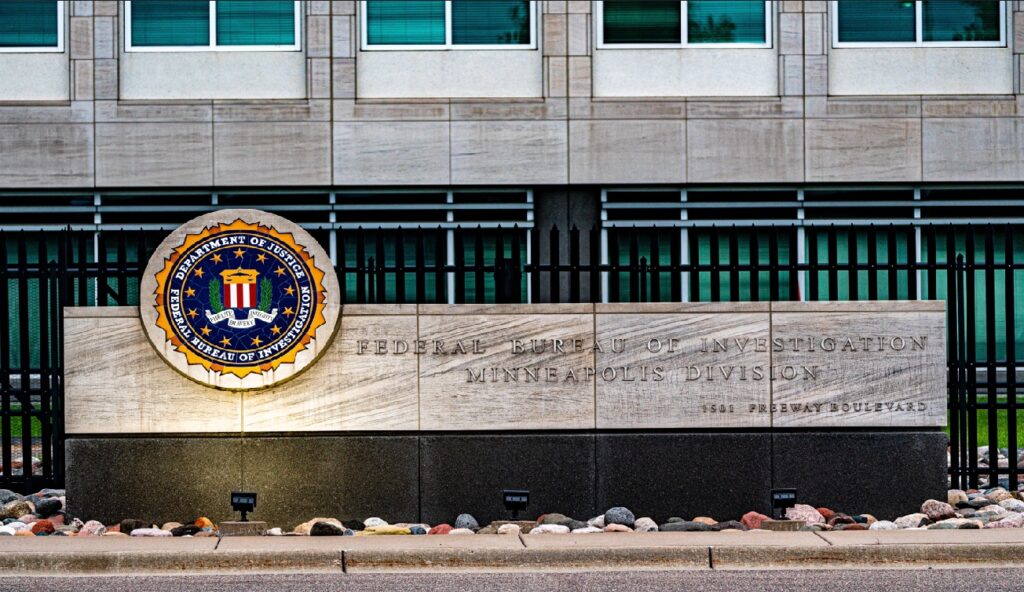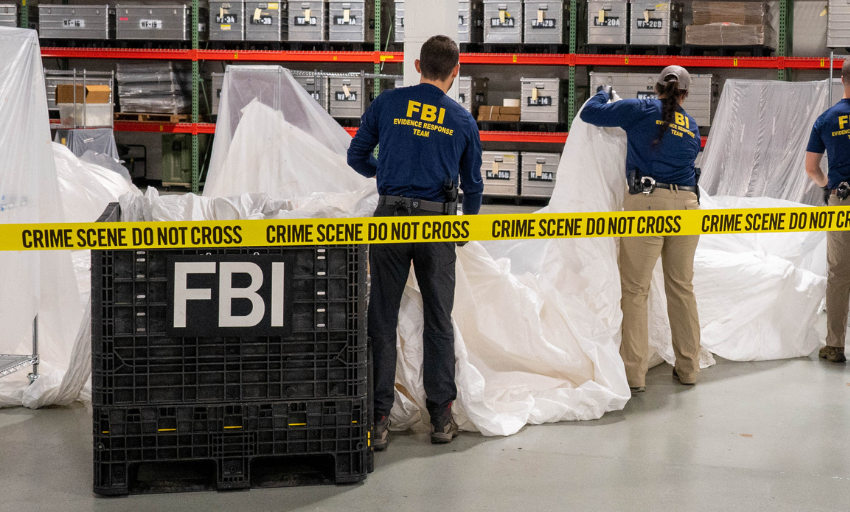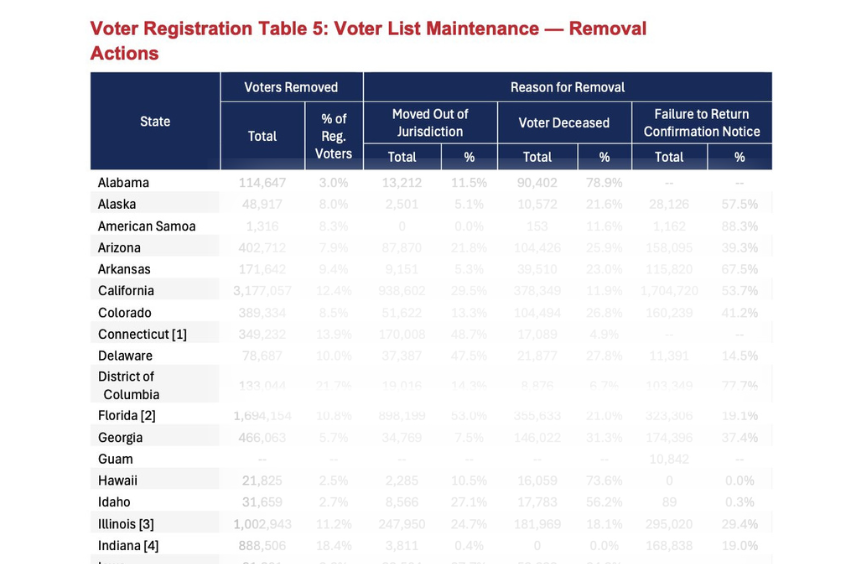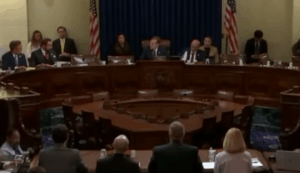A group of law enforcement professionals and analysts is challenging the accuracy of violent crime rates reported by the Federal Bureau of Investigation (FBI).
The Coalition for Law Order and Safety just dropped their April 2024 report titled “Assessing America’s Crime Crises: Trends, Causes, and Consequences,” pinning the surge in crime on several factors, including de-policing, de-carceration, de-prosecution, and the politicization of the criminal justice system.

Lead authors Mark Morgan, former assistant FBI director, and Sean Kennedy, an attorney for the Law Enforcement Legal Defense Fund, emphasized three key findings: the U.S. is in the midst of a public safety crisis, crime rates have spiked dramatically, and the FBI’s 2023 data might not accurately reflect the true extent of the problem.
Kennedy compared the claim that crime is decreasing to standing on a bluff and claiming to be closer to the ground—a true but misleading statement.

Their report coincides with a March 2024 Gallup poll showing that almost 80% of Americans are deeply concerned about crime and violence, ranking it as a top concern alongside inflation.
The researchers gathered data from over 70 major police departments and victim surveys, revealing a substantial increase in violent crime in major cities compared to pre-2020 levels. They also noted significant under-reporting of certain crimes, pointing out the FBI’s incomplete data.

Kennedy pointed to changes in crime classifications by some police departments after the 2020 George Floyd riots, potentially skewing crime statistics. He highlighted the difference between classifying an incident as aggravated assault versus simple assault, which can drastically alter perceptions of crime rates.
It’s not just law enforcement under scrutiny for under-reporting. The Loss Prevention Research Council’s survey of retailers uncovered a reluctance to report crimes due to doubts about police responsiveness and prosecutorial efforts.
The report sheds light on the challenges of accurately measuring crime levels and highlights disparities in reporting among different jurisdictions. In 2019, 89% of municipal police departments submitted crime data to the FBI, but by 2021, that number dropped to less than 63%.

While the FBI declined to comment on the report, recent revelations from the New Orleans Police Department about under-reporting sex crime data raise further concerns about the accuracy of official statistics.
Although the report doesn’t accuse law enforcement of consistent misreporting, it underscores the gap between actual crime levels and official data. It also blames soft-on-crime policies for exacerbating the problem, aligning with efforts in states like California and New York to impose stricter penalties for violent offenses.









